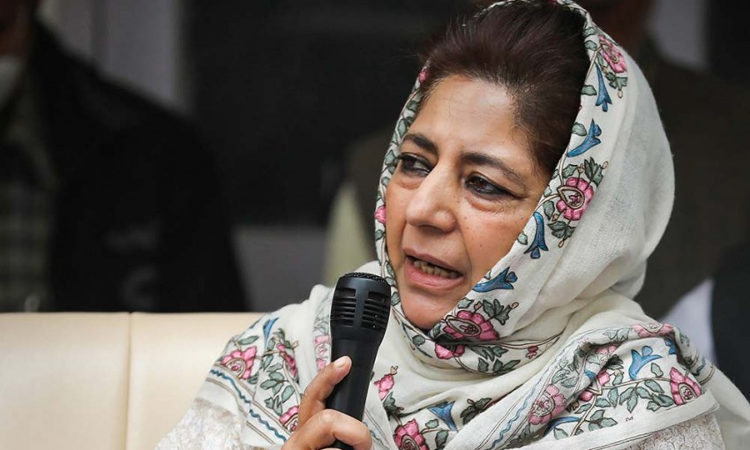Former J-K CM Mehbooba Mufti Moves Delhi High Court Challenging ED Summons Under PMLA
Shreya Agarwal
9 March 2021 7:08 PM IST

Next Story
9 March 2021 7:08 PM IST
Former Chief Minister of the state of Jammu and Kashmir, Mehbooba Mufti has moved the Delhi High Court seeking quashing of summons issued to her by the Enforcement Directorate under the Prevention of Money Laundering Act, 2002 (PMLA). Mufti has claimed in her petition that she received the summons on her personal email ID from the official email ID of the Assistant Director,...
